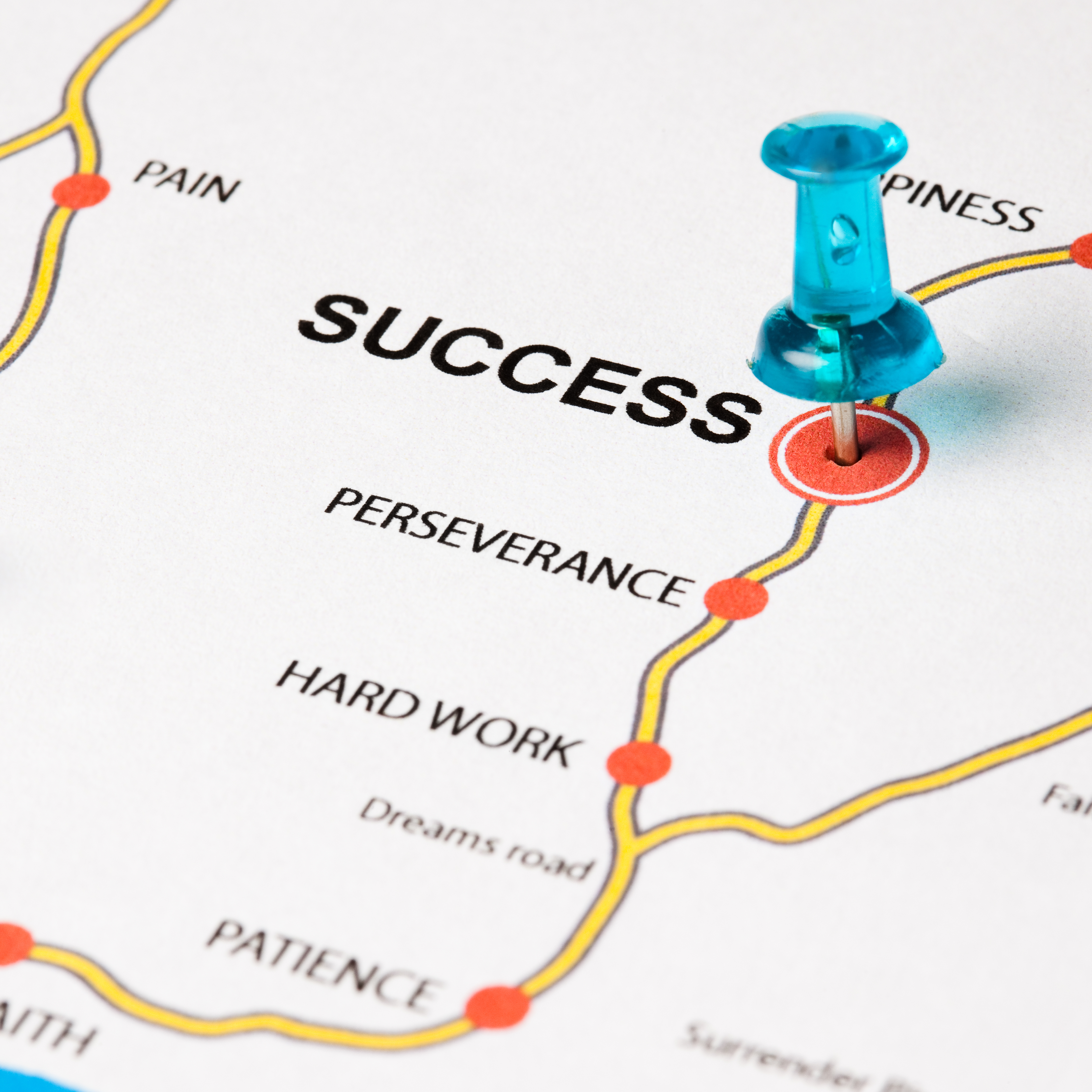How Do Venture Capitalists Make Decisions?

The other day I came across one of my favorite newsletters from The Stanford Business Graduate School, and in particular the subject line “Do Funders Care More About Your Team, Your Idea, or Your Passion?” intrigued me to read on.
In a study co-authored by Stanford finance professor Ilya A. Strebulaev, “How Do Venture Capitalists Make Decisions?” The findings seem to indicate that Venture Capitalists who are considering investing in entrepreneurial ventures, are most interested in entrepreneurs who are passionate, capable, experienced, and part of a strong team.
The survey included 885 Venture Capital professionals at 681 firms, and asked the VCs to identify the factors that drove their investment selection decisions and ranked them according to importance. The abilities of a founder and his/her management team are the most important factors driving investment decisions, and even more important than the product or technology itself.
The average investor evaluates 200 companies a year and invests in just four. Each deal takes an average of 83 days to put together, which includes 118 hours of due diligence and Strebulaev says that “Venture Capitalists gauge an entrepreneur’s passion level by their commitment of time, effort, and money to their idea. “
The study was structured in a way that enabled researchers to better understand how different types of venture capital investors approach their decisions. They found that information technology investors tend to be interested in an entrepreneur’s management team, while health sector investors are more interested in products and market forces.
If indeed you have the time, I strongly recommend downloading the complete study HERE.
As usual, please email me your thoughts and comments. I guarantee you a response!

